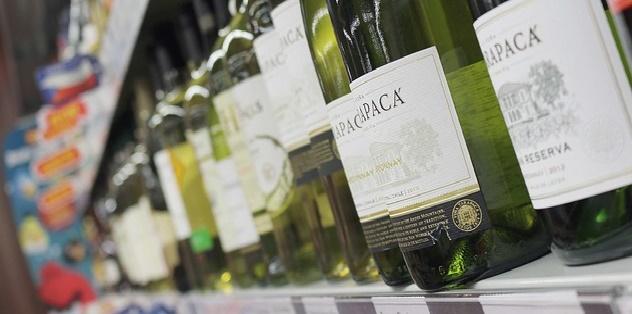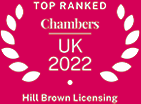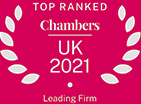
The Scottish Government’s long-running struggle to implement the Alcohol (Minimum Pricing) (Scotland) Act 2012 has moved a step closer to final victory.
On 21 October, the Court of Session (Inner House, First Division) delivered a judgment dismissing an appeal by the Scotch Whisky Association (SWA) and others against an earlier ruling in favour of the Government. The SWA had argued that the Act breached elements of European Law. When the case came before the First Division following a referral to the European Court of Justice, it was for the Scottish Government to demonstrate “proportionality”: could the objective of protecting public health be achieved in a less restrictive and equally effective manner through fiscal measures? The Court answered that question in the negative:
“There is material (‘evidence’) which demonstrates that the alternative of increased tax, with or without a prohibition on below cost sales, is less effective than minimum pricing… Furthermore, assuming that any practical tax increase within the EU setting would involve across the board increases, albeit perhaps on different types of product, such increases would have a disproportionate, undesirable and unnecessary effect on moderate drinkers, who do not generally represent a significant problem in societal terms, at least of the type requiring to be addressed.”
While there has been no detectable reaction from the off-trade, those representing public health have greeted the decision with a predictable enthusiasm shared by the on-trade. The latter complain that cheap supermarket alcohol and “at home” consumption are at the root of Scotland’s problem drinking. While the SWA has the option to appeal to the UK Supreme Court, it is under immense pressure to give up the struggle. The alcohol charity, Alcohol Focus Scotland, supported by other public health and charity leaders, had written an open letter to the SWA urging its members to “respect the will of the Scottish Parliament and abandon their “ill-judged and damaging” challenge.
If the Act has in fact crossed the finishing line, what are the next steps? The Scottish Government will lay a draft Order before the Parliament setting out a minimum unit price for the sale alcohol set at 50 pence. When the Order is approved and the Act commenced, the Licensing (Scotland) Act 2005 will be amended to include a new mandatory condition for premises licences prohibiting the sale of alcohol below the minimum price.
As a result, an average-strength bottle of wine will cost no less than around £4.68. The minimum price for a 70cl bottle of spirits with an ABV (alcohol by volume) of 40 per cent would be £14.00. (At the time of writing, the average supermarket price of a bottle of branded, blended whisky (70cl) was £13.00, while supermarket own-labels typically cost £12.00.) A 440ml can of lager (4 per cent ABV) would have a base price of 88 pence, which could add over £5.00 to a 20-can multipack. The impact on cheap ciders - supposedly favour by alcohol abusers and sold at so-called “pocket money prices” - would be substantial, with the price of one budget brand (3 litres, 7.5 per cent ABV) rocketing from around £3.50 to £11.25.
But there will be repeated concerns that sharp rises in alcohol pricing will encourage the sale of bootleg alcohol to unscrupulous retailers; a boom in internet sales; and cross-border shopping trips. It seems unlikely in the extreme that the Westminster Government will introduce parallel legislation for England and Wales.
Of course, public health campaigners will not rest content with their efforts even if the Act reaches the statute book. In fact, there have already been calls for “further radical action” to address excessive alcohol consumption in a domestic environment, including the introduction of separate alcohol checkouts.
The perceived efficacy of minimum pricing in addressing alcohol abuse is based on predictive “modelling” by researchers at the University of Sheffield and to that extent - as the First Division recognised - it is experimental in nature. The Act provides that the measure will expire at the end of a six-year period, unless the Government otherwise provide “by order” after five years. There is a requirement that they lay before Parliament “as soon as practicable” after the expiry of the five-year period a report on the operation and effect of the minimum pricing provisions. The report must, in particular, contain information about the effect of minimum pricing on the “licensing objectives” set out in the Licensing (Scotland) Act 2005. It must also advise on its effect on licence holders and alcohol producers, both of whom require to be consulted during its preparation.
Contact our Licensing Solicitors Glasgow
For more information on the above or any other licensing matter, please contact our solicitors in Glasgow.













